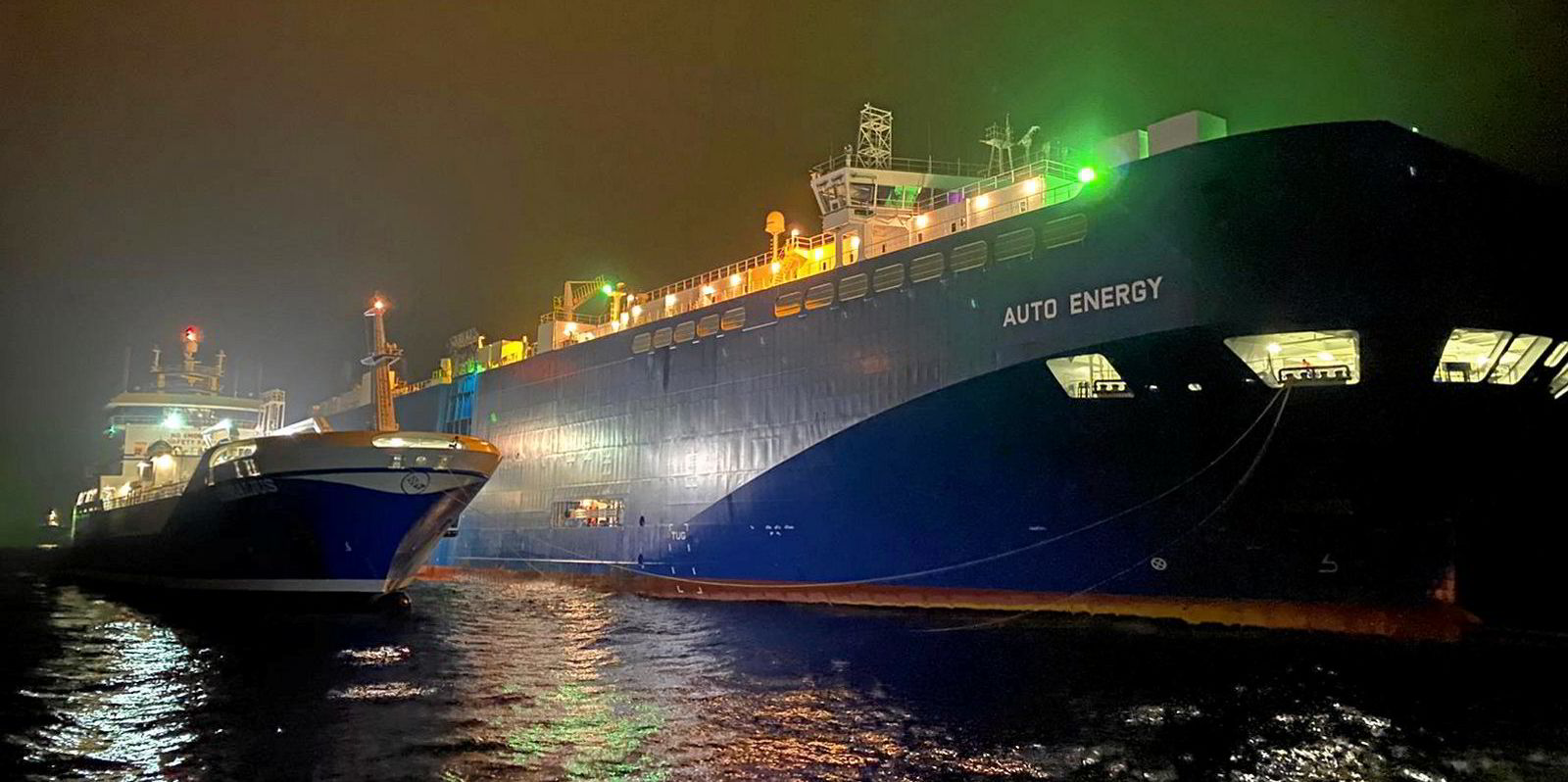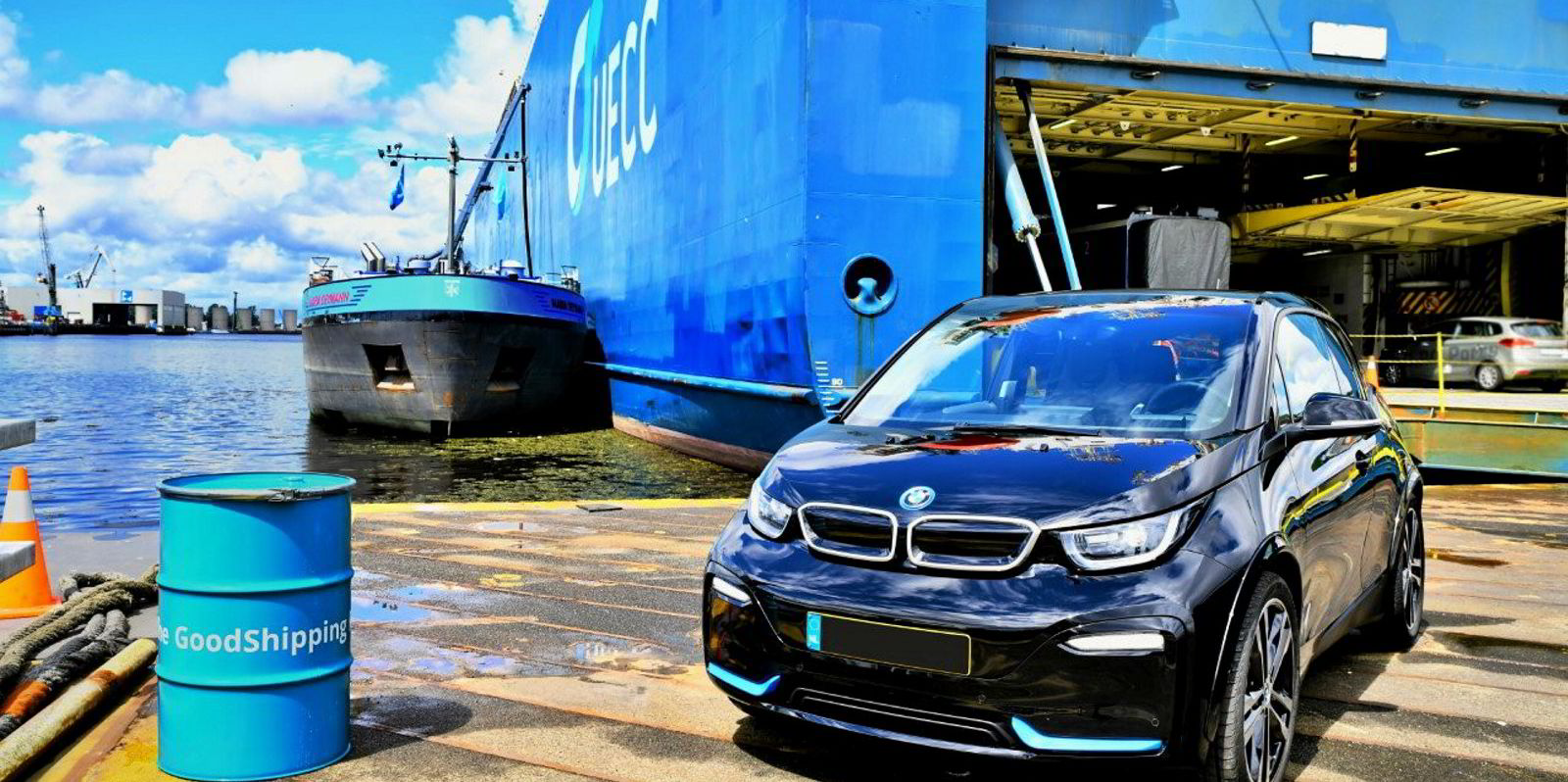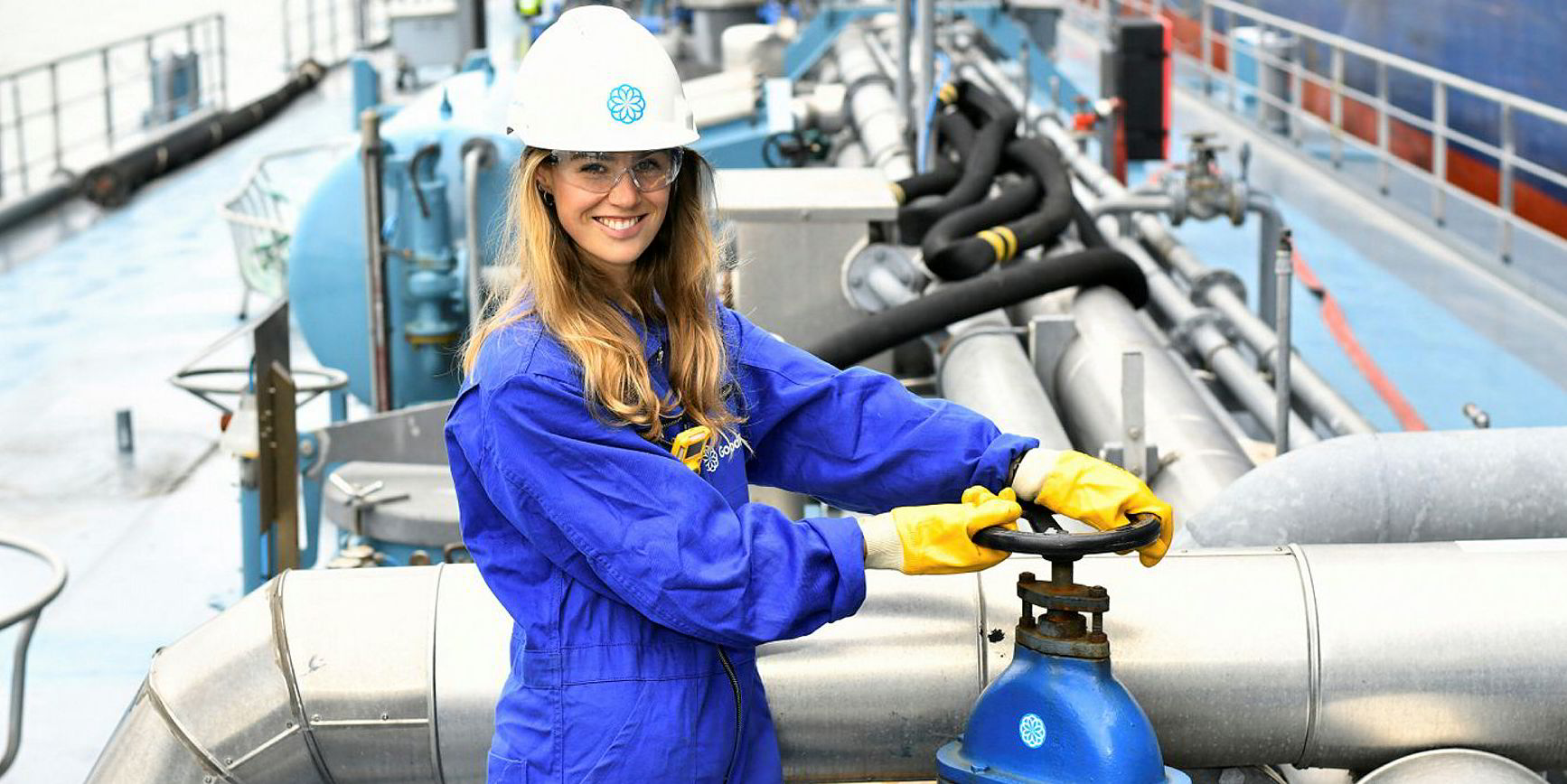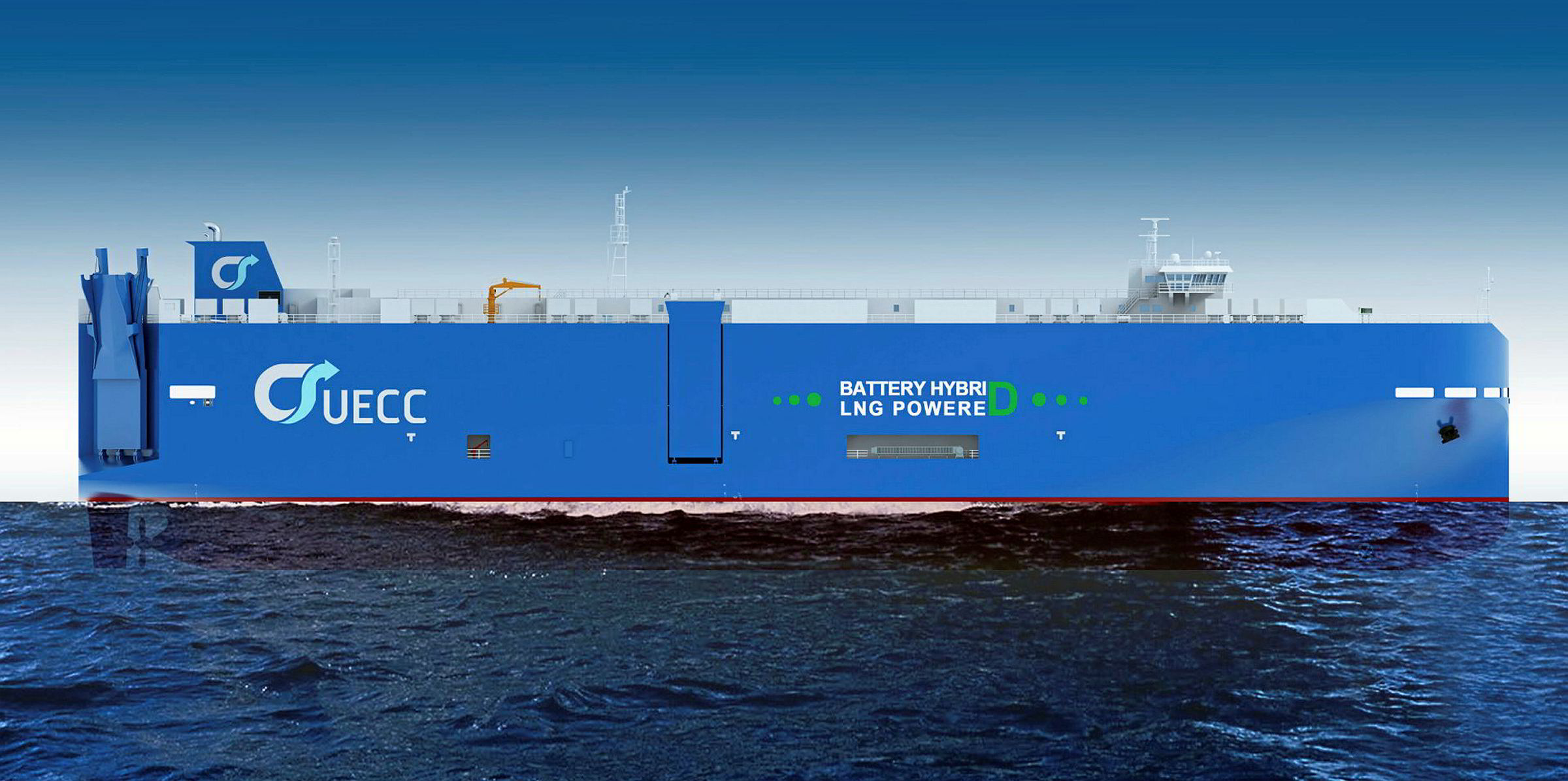Volvo Cars is rapidly moving ahead with electrifying the vehicles it sells, but decarbonisation of the supply chain to deliver its motors is a drag on its efforts to cut carbon output.
The major car manufacturer’s parts and vehicle delivery operation is “the slowest bear in the woods” among its efforts to become carbon neutral, Volvo vice president global supply chain manager Martin Corner said in a recent webinar.
By 2025, Volvo expects 85% of its total volume to be electrified in some way, Corner said, and 50% to be pure battery electric vehicles, and it has declared it wants to become a carbon-neutral company by 2040.
“We don’t have CO2-neutral logistics solutions today. This is where we have the most difficulty in keeping pace with the sustainability journey in other parts of the business,” he said during the digital event hosted Immediasea.
Volvo concedes the automotive industry needs to look closely at sourcing, which has seen manufacturing shifted to Asia and components moved around the world between assembly plants. Developing a carbon neutral supply chain is one of the key pillars of its sustainability strategy, Corner added.
CO2-neutral logistics
Moving vehicles by truck is a bigger emissions problem than transporting them by ship, but the car maker is looking to work with partners to invest in more sustainable transport solutions.
Corner praised Oslo-based UECC for its order of three large hybrid car carriers, which will have batteries and run on LNG, at Jiangnan Shipyard in China. The first vessel was launched this month and the next two will be delivered in 2022.

The 3,600-ceu dual-fuel vessels will meet Tier 3 NOx emission limitations in place for the Baltic and North Sea, and UECC claims they will be able to exceed the International Maritime Organization’s target of a 40% reduction in carbon intensity by 2030.
They follow on from the two first large LNG-fuelled ships built for UECC, formerly known as United European Car Carriers, in 2016. They are 4,000-ceu vessels.
UECC is also experimenting with biofuels to cut CO2 emissions by up to 45% on its older ships, including 20-year-old vessels.
Glenn Edvardsen, chief executive at UECC, which is jointly owned by NYK and Wallenius Lines, said UECC aims to be the leading environmentally-sustainable car carrier in Europe.
The company has cut its fossil fuel use from close to 100% four years ago to 89% now, and aims to be burning 32,000 tonnes of LNG and biofuels by 2025 across its fleet. It currently operates 17 ships.
Edvardsen said UECC accepts that LNG is not the fuel of the future but allows it to significantly cut NOx and SOx emissions and make a 20% to 25% reduction in CO2.
“We know that other means of fuel will come in. We respect the fact that LNG is still a fossil fuel. ... When other fuels come along we can burn them too,” he added, referring to biogas and synthetic oils.
UECC is also adding cold ironing systems to its newbuildings and older vessels to allow them to be able to plug into ports’ electric systems while berthed. This avoids emissions in or close to populated centres.
Sustainability schemes
Belgian vehicle terminal operator International Car Operators (ICO) said it is implementing several schemes to cut emissions at the ports of Antwerp and Zeebrugge.
ICO managing director Marc Adriansens said the company had recently inaugurated 11 new wind turbines at the Port of Zeebrugge able to charge 20,000 electric vehicles per week with green electricity.
It is also developing mobile battery packs that can be moved alongside berthed ships when wind energy sources are not available, and adding solar panels. Digitalisation is also helping it to cut emissions by making its systems more efficient.
Edvardsen added that the car sales business is highly price competitive and would require all involved to work together in decarbonising the supply chain.
“Money talks and cost is an issue, but we are able to provide a significant emission reduction at a competitive price,” he said. “Let’s come together to see if we can find ways how we can reduce emissions. We are ready for any cooperation.”
Volvo has been synonymous with safety over the years and now wants to become synonymous with sustainability, Corner added.






